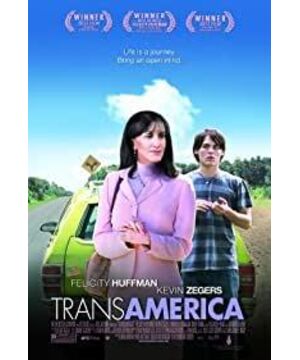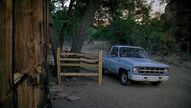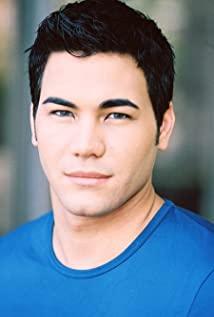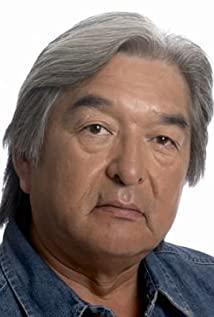Pull away. Back to the movie itself. When a biologically defined man disguises himself as a woman and looks like the other half of the earth's population, and this identity is recognized by his social relationships, what social people should he come into contact with? Call him "he" or "she"? And among the parental intentions that give it life, will it be a son or a daughter, and what is the acceptance level? How should the children born when they have not yet formed a clear subjective judgment about their gender, how should they view and complete such an attribute and psychological transformation after they are completely transformed? And is he a man or a woman, long before he decides what gender identity he will exist in the future? (I feel like someone in McDull, or a Tang monk in Journey to the West—__)
I even subjectively believe that there are some non-human factors that can be controlled to achieve and ultimately complete such a transformation. Naturally, under the guise of parents, everyone is given their innate gender roles and attributes, but there are too many people born every day, and there may be some inappropriate arrangements that lead to gender misalignment. The narrative of the movie will always be biased, but when I first saw the movie poster, a woman was standing in the center of the men’s and women’s restrooms, with her back to the two doors. You can even see that you are at a loss and don't know which way to choose to enter: perhaps, this is the theme that the screenwriter really wants to express.
The film also gave a more important hint: from the perspective of the language characteristics of the character design dialogue, Stanley's mother and she (I didn't use "he" here) themselves are devout Christians. From a doctrinal point of view, people naturally cannot go against God's decision and cannot change their gender voluntarily. But Stanley still chose to walk as a woman in the future life path without hesitation. I believe that she made up her mind to make such a decision after a long and painful deliberation. Self-needs outweigh faithfulness to Christ. For the mother, the son's behavior can be said to be disobedient, not to mention the social attributes of the family who exist as sons. A combination of double standards is of course unacceptable.
Fortunately, at the end of these topics, it's just a little bit of water, and it's all there. Although the end seems abrupt, the happy ending is still very good.
View more about Transamerica reviews











